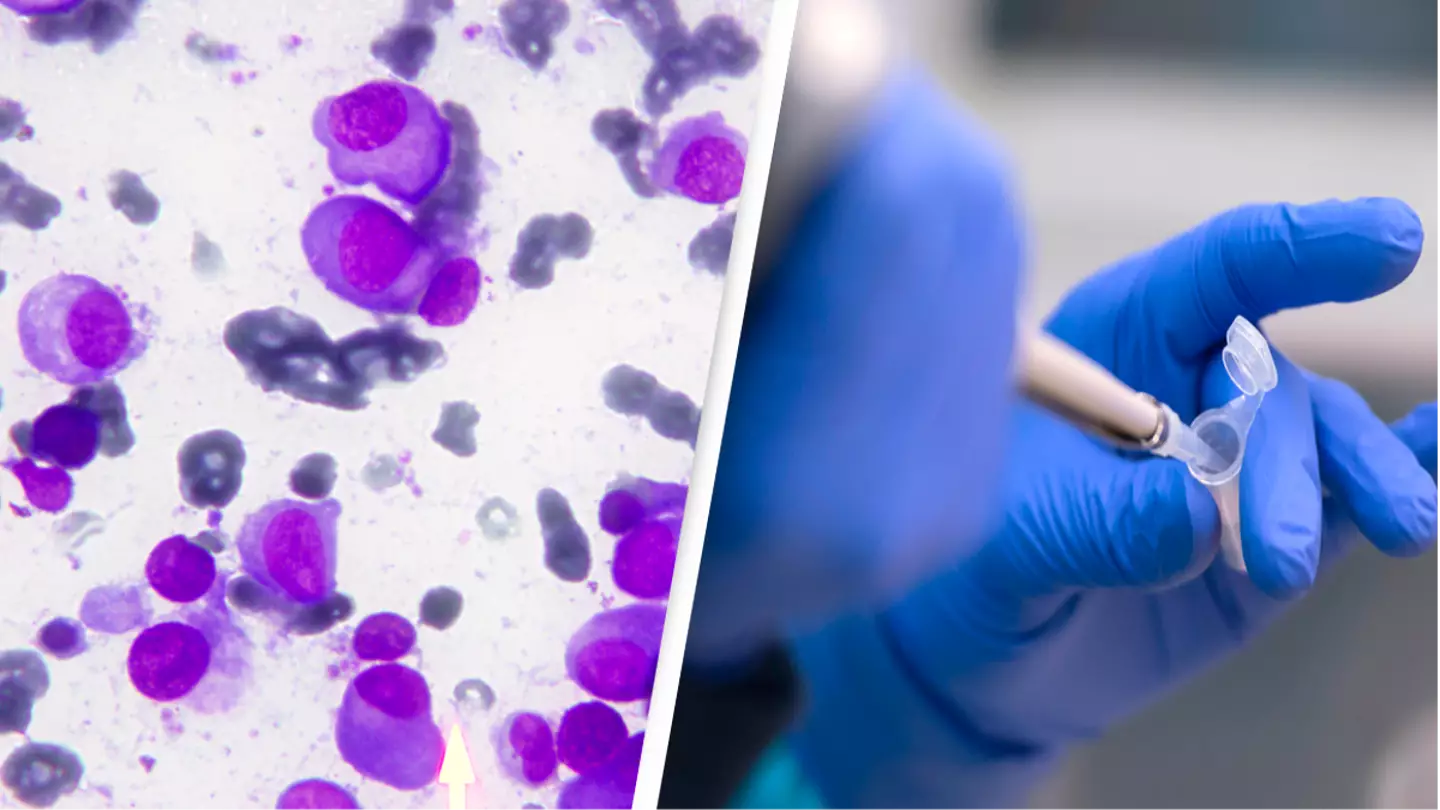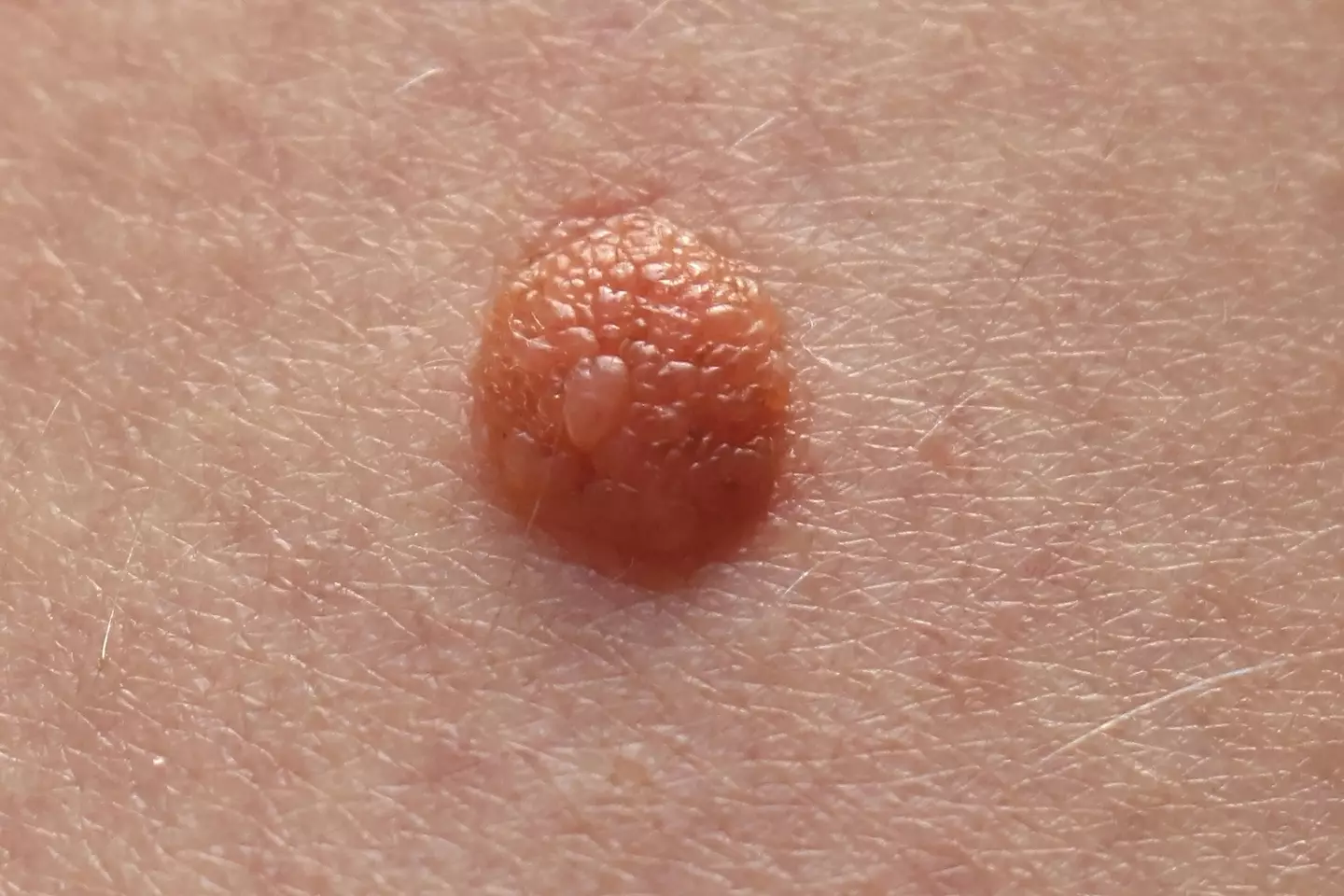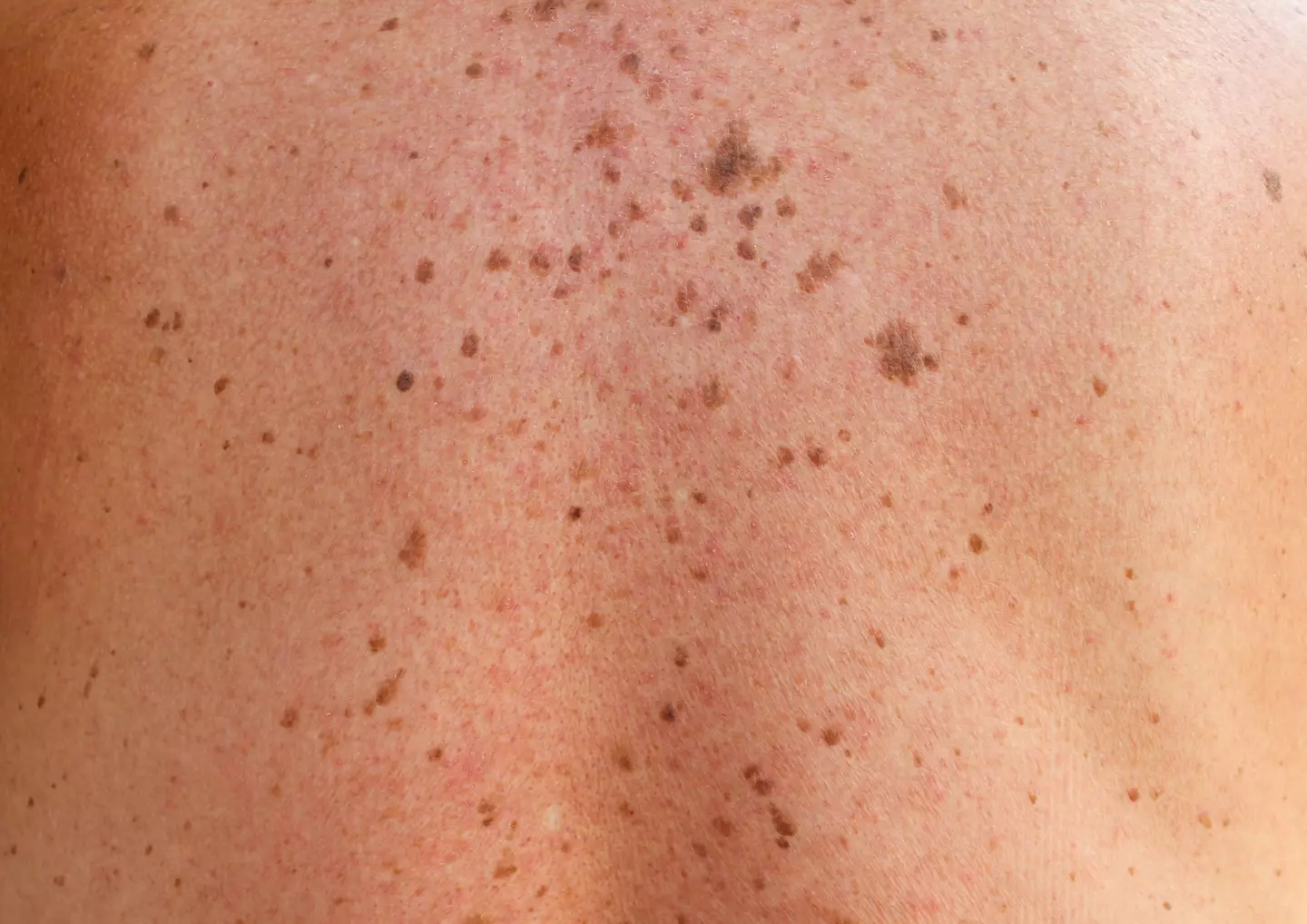
In what could be a serious breakthrough in the fight against cancer, scientists have discovered a new way to stop the growth of melanoma, and are hoping to develop a drug that can do the same.
Melanoma is one of the most common cancers in the UK, seeing about approximately 16,000 new cases diagnosed every year.
It’s the most severe form of skin cancer, but scientists from the United States have now evidenced for the first time that a metabolic enzyme ‘shows promise’ that it can kill cancerous cells and stop tumour growth.
That’s a huge step forward, even if it is still early days.
Advert

The researchers published their findings in the journal, Nature Cell Biology, and hope that it could be a stepping-stone towards the development of drugs to treat the aggressive cancer.
The leader of this study, Professor Ze’ev Ronai – director at the Cancer Centre at Sanford Burnham Prebys Medical Discovery Institute – explained how melanoma can’t survive or grow without an enzyme called GCDH, which plays a vital role in metabolising amino acids.
They found that through inhibiting that enzyme, another protein called NRF2 gained the ability to suppress the cancerous cells.
Professor Ronai said: “Now our goal is to find a drug, or drugs, that limit GCDH activity.”
Find that drug, and they might just have found a serious weapon against melanoma.
Researchers have been looking into the way that cancer grows and gains nutrition, looking at methods of starving the cancer in order to send it into decline.
So far, it’s been tough work.
Once cancers are denied one food source, they often discover others.
GCDH – or Glutaryl-CoA Dehyrogenase, if you fancy – metabolises two key amino acids that are essential to keep us healthy, but also provide a source of nutrition for melanoma cells to produce energy.

Another researcher, Sachin Verma, said: “Melanoma cells ‘eat’ lysine and tryptophan to produce energy,
“However, harnessing energy from this pathway requires cancer cells to quench toxic waste produced during this process.
“It’s a six-step process, and we thought the cells would need all six enzymes. But it turns out that only one of these enzymes is crucial – GCDH. Melanoma cells cannot survive without the GCDH portion of the pathway.”
From further experimentation, the scientists discovered that when stopping GCDH in animals, NRF2 gained cancer-suppressing ability.
Professor Ronai said: “We’ve known for a long time that NRF2 can be both a driver and a suppressor of cancer.
“We just didn’t know how we could convert NRF2 from a driver to a suppressor function. Our current study identifies the answer.”
So far, the benefits have only been shown in melanoma, with lung and breast experiments showing no effect.
That could be because the enzymes they subsist on haven’t been discovered yet.
Furthermore, there could be a dietary treatment for melanoma in future, given that GCDH is a protein-processing enzyme.
Now, the team are working with other scientists to identify the GCDH inhibitors that could form the basis for melanoma treatment in future.

Dr Verma added: “In the study, we used genetic approaches to inhibit GCDH, which provide the proof of concept to search for small-molecule inhibitors,
“Indeed, we are actively searching for potential drugs that could inhibit GCDH, which would be candidates for novel melanoma therapies.”
If you’ve been affected by any of these issues and want to speak to someone in confidence, contact Macmillan’s Cancer Support Line on 0808 808 00 00, 8am–8pm seven days a week.
Topics: World News, Science, Cancer